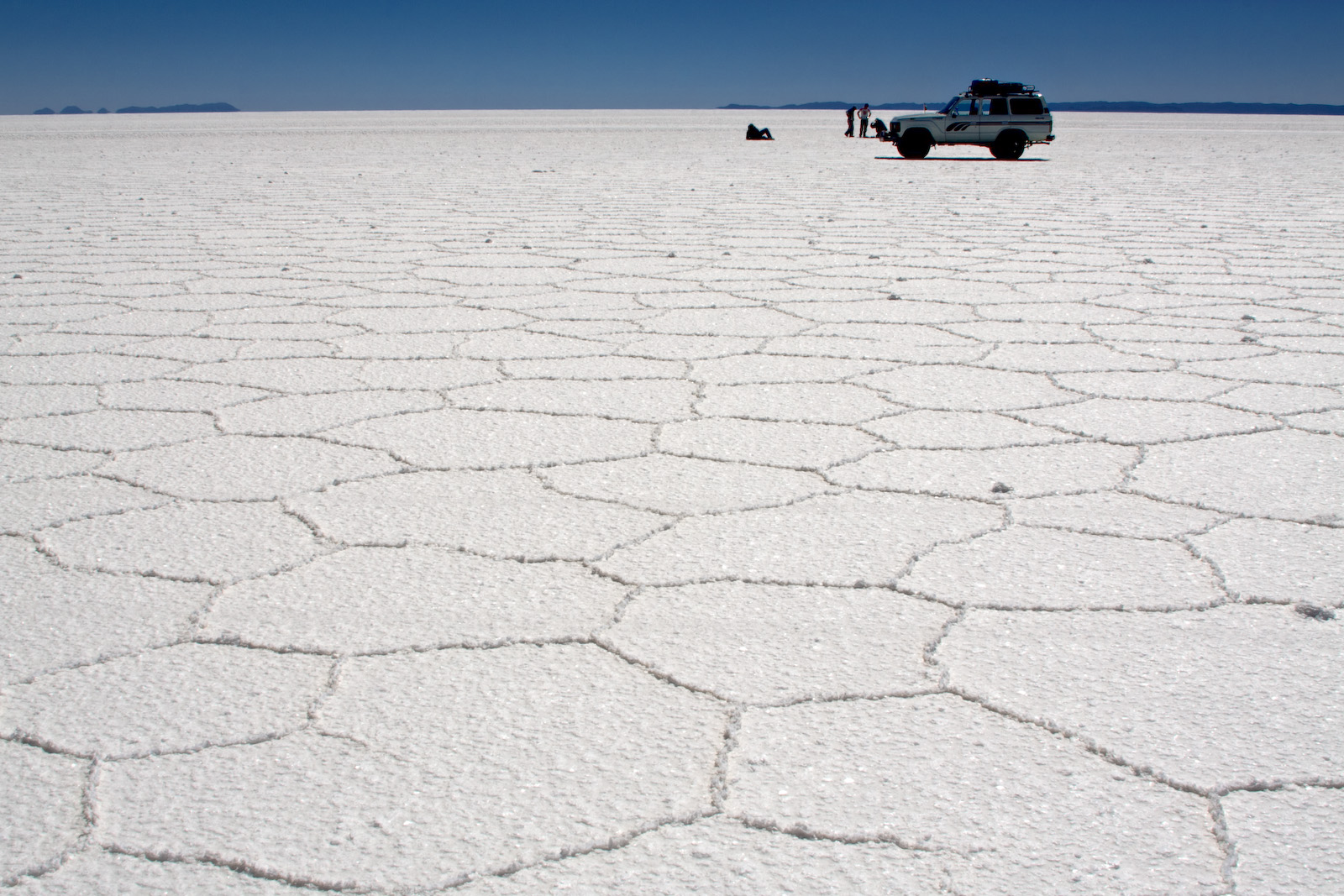Bolivia abandoned a joint lithium mining project with Germany, the Bolivian news agency ABI reported on Monday, November 4. The contract was terminated on the basis of the corresponding decree of the government of President Evo Morales.
Potosi is home to the dried-up salt lake Uyuni, where ACI Systems from the federal state of Baden-Württemberg in the south of Germany and the Bolivian state-owned enterprise Yacimientos de Litio Bolivianos (YLB) were going to jointly mine lithium. According to some estimates, this is the largest lithium deposit in the world. The reason for the termination of the contract was not called. Earlier, Potosi residents repeatedly protested against lithium mining on the lake.
The joint venture agreement was concluded in Berlin in December 2018. According to him, YLB was supposed to get 51 percent of the shares. It was planned to produce 30-40 thousand tons of lithium hydroxide annually starting in 2022. This metal is used, among other things, for the manufacture of batteries for electric vehicles.
In turn, Head of ACI Systems Wolfgang Schmutz said on November 4 that the decision of the Bolivian authorities "is not understandable." However, he noted that there was no official confirmation of this information, and a few days ago, work in the framework of the joint venture was going according to plan. "Therefore, we will continue to work on the project, as planned," said head of ACI Systems to the German broadcaster SWR.
source: dw.de
Potosi is home to the dried-up salt lake Uyuni, where ACI Systems from the federal state of Baden-Württemberg in the south of Germany and the Bolivian state-owned enterprise Yacimientos de Litio Bolivianos (YLB) were going to jointly mine lithium. According to some estimates, this is the largest lithium deposit in the world. The reason for the termination of the contract was not called. Earlier, Potosi residents repeatedly protested against lithium mining on the lake.
The joint venture agreement was concluded in Berlin in December 2018. According to him, YLB was supposed to get 51 percent of the shares. It was planned to produce 30-40 thousand tons of lithium hydroxide annually starting in 2022. This metal is used, among other things, for the manufacture of batteries for electric vehicles.
In turn, Head of ACI Systems Wolfgang Schmutz said on November 4 that the decision of the Bolivian authorities "is not understandable." However, he noted that there was no official confirmation of this information, and a few days ago, work in the framework of the joint venture was going according to plan. "Therefore, we will continue to work on the project, as planned," said head of ACI Systems to the German broadcaster SWR.
source: dw.de





